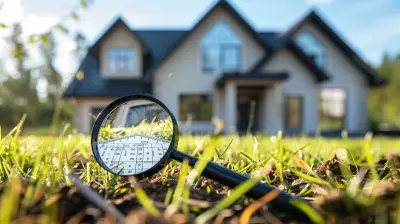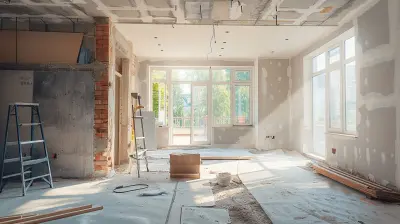Home Inspections and Older Wiring: Understanding the Risks and Costs
18 November 2025
Buying a home is a huge investment, and while the aesthetics might catch your eye, it's what's behind the walls that really matters. If you're considering purchasing an older home, one major concern should be the electrical wiring. Aging electrical systems can pose serious risks, from fire hazards to costly repairs.
In this article, we'll break down the risks associated with older wiring, the role of home inspections in identifying issues, and the potential costs involved in upgrading outdated electrical systems.
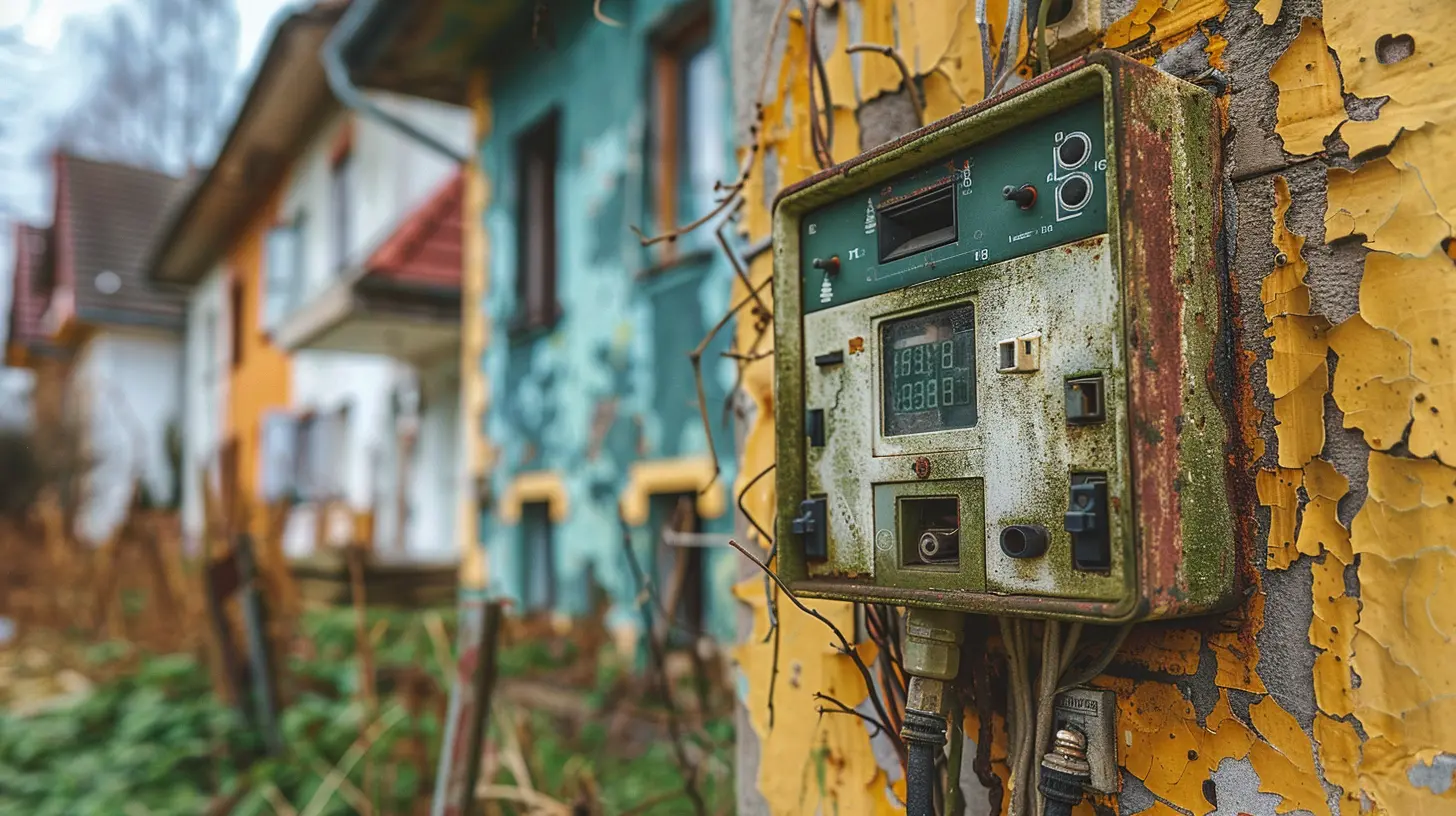
Why Older Wiring Can Be a Problem
Older homes have character, charm, and often, solid construction. But their electrical systems? Not so much. Many homes built before the 1980s still have outdated wiring that isn't up to modern safety standards. Here’s why that’s a big deal:1. Fire Hazards
One of the biggest dangers of old wiring is the increased risk of electrical fires. Over time, wiring insulation can degrade, connections can loosen, and outdated systems may not handle modern electrical loads.2. Insufficient Power for Today’s Needs
Think about how many gadgets and appliances you use daily—smartphones, laptops, TVs, and high-powered kitchen appliances. Older electrical systems weren’t designed to handle today’s high energy demands, leading to overloaded circuits and frequent breaker trips.3. Outdated Wiring Materials
Some older homes still have:- Knob and tube wiring (common in homes built before 1950) – lacks a ground wire and isn't considered safe by modern standards.
- Aluminum wiring (popular in the 1960s and 70s) – prone to overheating and potential fire risks due to expansion and contraction over time.
4. Lack of Grounding
Grounding is essential for electrical safety, directing excess electricity away to prevent shocks. Many older homes lack grounded outlets, meaning a higher risk of electrical shocks and damage to modern electronics.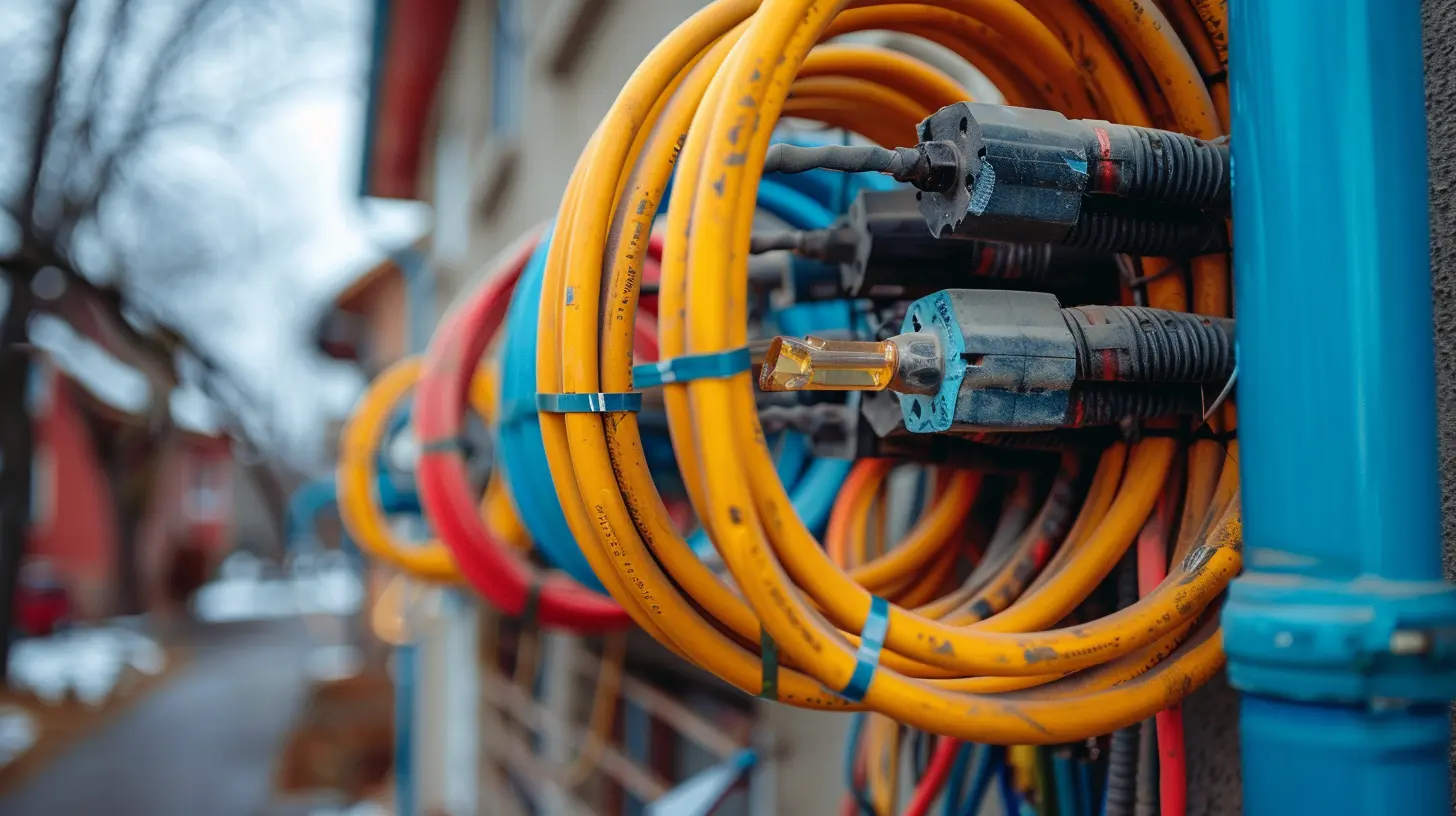
The Role of a Home Inspection in Identifying Electrical Issues
A home inspection is your best defense against nasty electrical surprises. A professional inspector will assess the electrical system and identify potential problems. But not all inspections are equal—some general home inspectors may not have the expertise to catch every issue, so hiring a specialized electrician can be a smart move.What Does a Home Inspector Look For?
When evaluating a home's electrical system, an inspector will check:- The age and type of wiring
- The condition of the electrical panel
- Outlets and grounding status
- Signs of overheating or faulty connections
- Code compliance
Signs of Potential Wiring Issues
Even before an official inspection, you can look out for red flags like:- Flickering lights
- Frequent circuit breaker trips
- Warm or discolored outlets
- Buzzing sounds from outlets or switches
- A burning smell near outlets or the panel
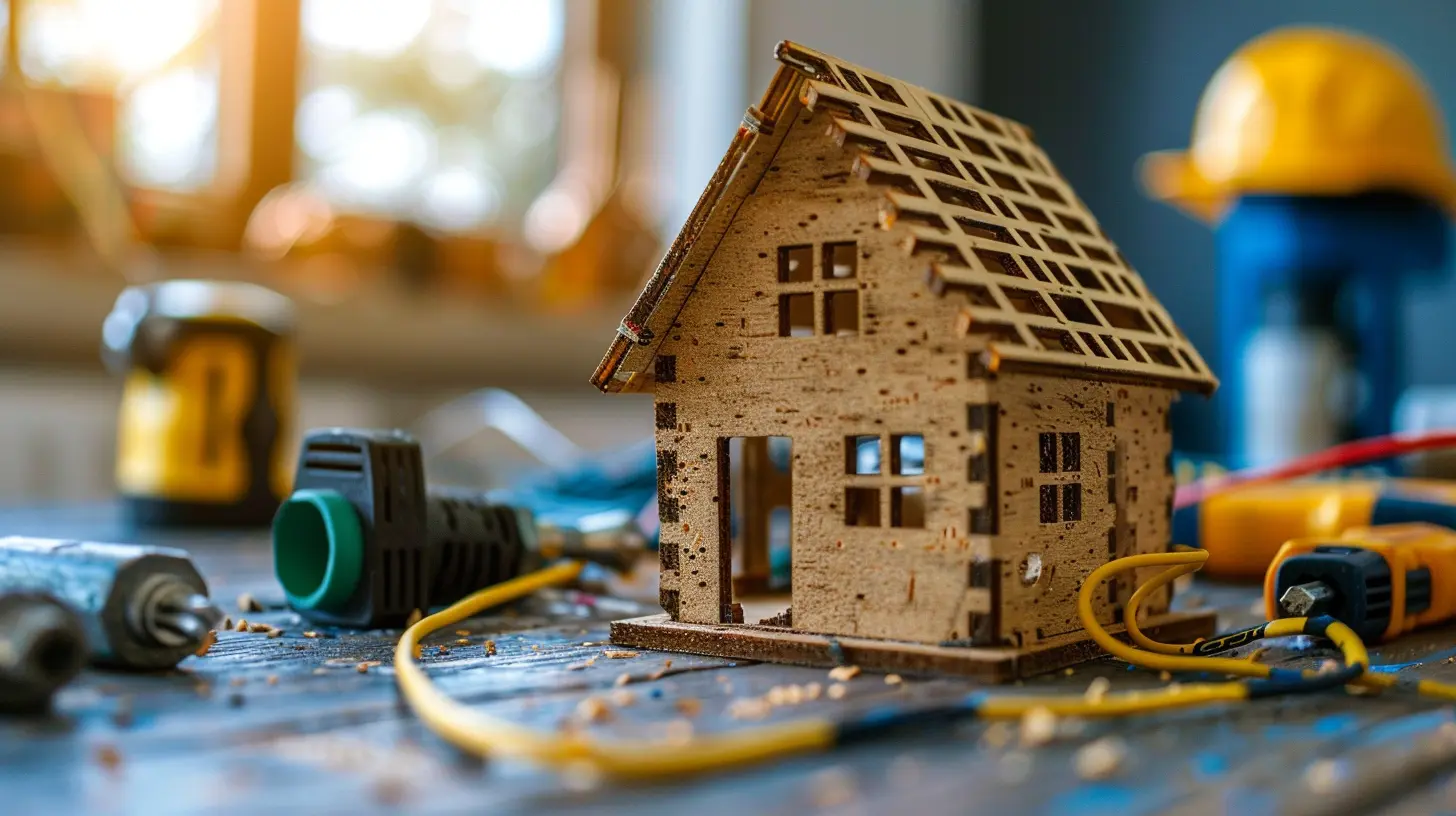
Costs of Upgrading Old Wiring
If an inspection uncovers problems with the wiring, you'll need to factor in the cost of upgrades. Unfortunately, rewiring a house isn’t cheap, but it’s crucial for safety and functionality.Rewiring Cost Estimates
The cost of rewiring depends on the home's size and the extent of repairs needed:- Partial rewiring (fixing certain areas) – $1,500 to $5,000
- Full home rewiring – $8,000 to $20,000 or more
- Upgrading an electrical panel – $1,500 to $3,500
Additional Expenses
- Permits – Depending on local regulations, permits can add a few hundred dollars to the cost.- Wall Repair – Rewiring often involves cutting into walls, so drywall repairs and repainting may be necessary.

Is It Worth Buying a Home with Old Wiring?
So, should you walk away if you find a home with outdated wiring? Not necessarily! If the home is priced right and you budget for necessary upgrades, it can still be a great investment. Just make sure you're fully aware of the risks and costs before signing on the dotted line.Negotiating Repairs with the Seller
If a home inspection reveals electrical issues, you can often negotiate with the seller to:- Lower the price
- Cover part of the rewiring costs
- Make necessary upgrades before closing
Final Thoughts
Older homes have undeniable charm, but outdated wiring can be a serious concern. A thorough home inspection can reveal potential risks, and while rewiring can be costly, it’s often necessary for safety and functionality. If you’re considering an older home, factor in electrical updates and negotiate wisely to make an informed decision.all images in this post were generated using AI tools
Category:
Home InspectionsAuthor:

Lydia Hodge
Discussion
rate this article
1 comments
London Flores
Great article! Understanding the risks and costs of older wiring during home inspections is essential for homeowners. Knowledge is power, and ensuring safety can lead to joyful living in your dream home!
November 28, 2025 at 4:22 AM

Lydia Hodge
Thank you! I'm glad you found the article helpful. Understanding these risks is crucial for ensuring safety and making informed decisions.
